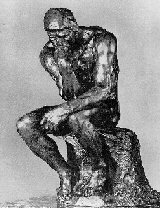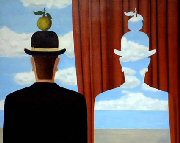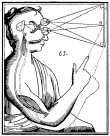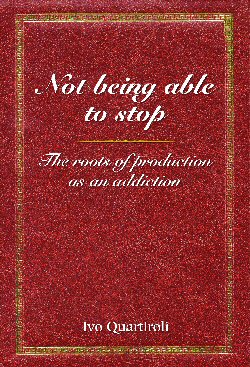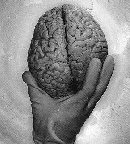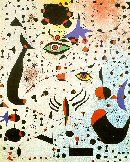The methods of tracing and controlling our Internet activities have become constantly more varied and sophisticated. Cookies are probably the oldest method (since 1994) to trace – mainly for advertising purposes – the websites that are visited.
Governments, not only in dictatorships but also in Western countries control every piece of information that passes through the Net. One of the famous projects is Echelon, which gives access to every information sent on email, instant messaging and telephone. Beyond this, the police as well can have access to the data regarding Internet use in order to monitor users.
But on the whole we are accomplices to the information that we send. Google History keeps track of all the search we do on the Net. Google Desktop and similar services index everything that happens in our computer.
RSS readers like Google Reader know our interests by managing our subscriptions to blogs. Tracing cancellations and new subscriptions, it is possible for them to map the way our thoughts evolve.
As if this were not enough, we expose ourselves directly in social networking sites, forums, and blogs with our written words and our photos. Sometimes, we need this for getting an identity on the Net in exchange for some attention from others.
[/en][it]
Le tecniche di tracciamento e controllo della nostra attività su Internet sono sempre più variate e sofisticate. I cookies sono forse il modo più vecchio, fin dal 1994, per tracciare i siti che vengono visualizzati, perlopiù per scopi pubblicitari.
I governi, non solo dei paesi dove vige la dittatura, ma di tutto l’occidente controllano ogni flusso di informazioni che transita sulla rete. Famoso è il progetto Echelon, tra gli altri, che dà accesso ad ogni informazione mandata via email, telefono e instant messaging. Ad aggiungersi a questi, gli organi di polizia possono accedere ai dati di utilizzo della rete per monitorare gli utenti.
Ma perlopiù siamo complici delle informazioni che trasmettiamo. Google History tiene traccia di tutte le ricerche che eseguiamo in rete. Google Desktop e servizi simili indicizzano tutto quanto avviene sul nostro computer.
I lettori RSS tipo Google Reader conoscono i nostri interessi gestendo le nostre iscrizioni ai blog. Con le cancellazioni e le nuove iscrizioni possono tenere traccia di come si evolve il nostro pensiero.
Se non bastasse, ci esponiamo direttamente nei siti di social networking, nei forum, nei nostri blog con le parole scritte e con le nostre foto. A volte ci serve per darci un’identità in rete in cambio di un po’ di attenzione da parte di altri.
[/it]



